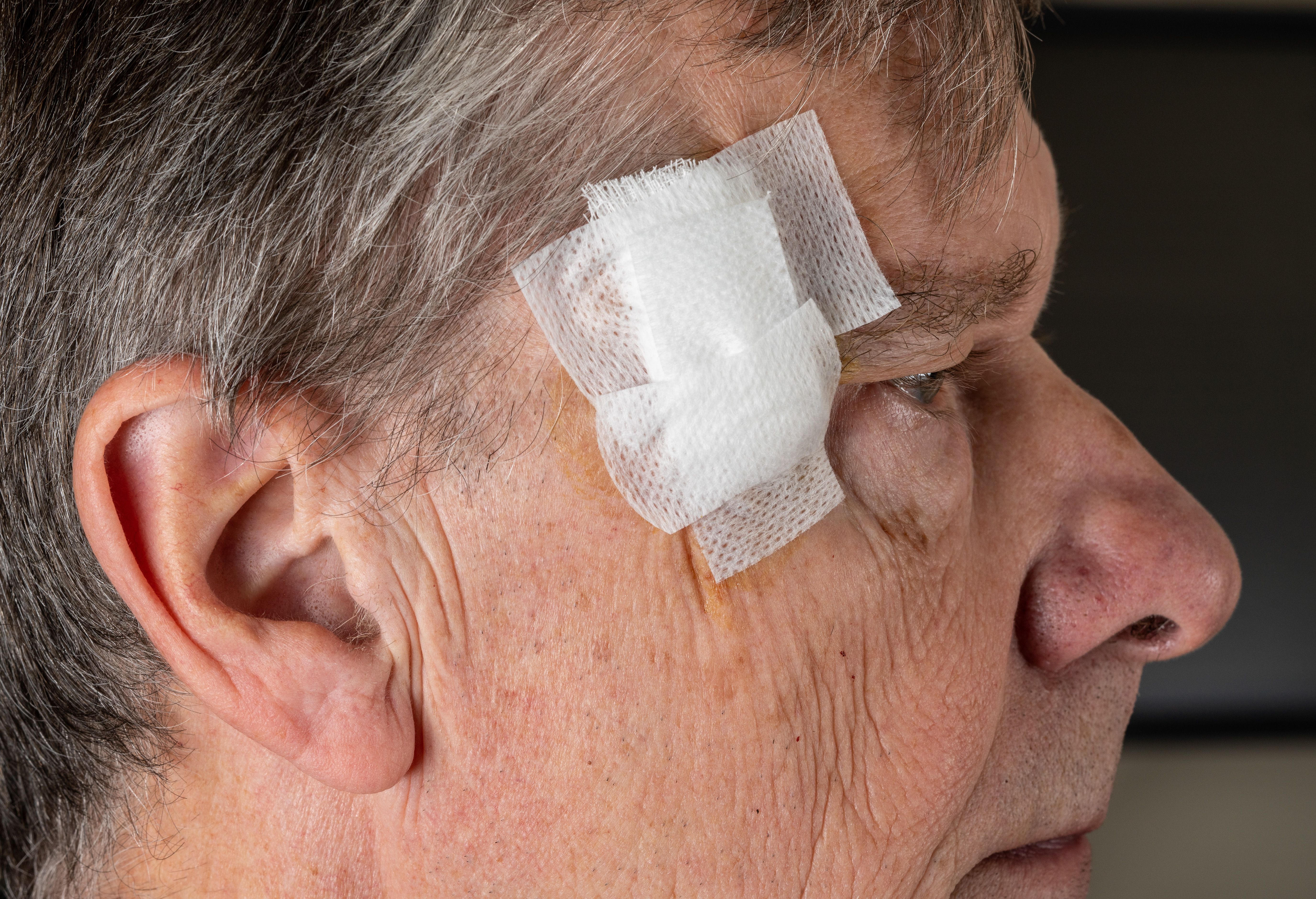- Case-Based Roundtable
- General Dermatology
- Eczema
- Chronic Hand Eczema
- Alopecia
- Aesthetics
- Vitiligo
- COVID-19
- Actinic Keratosis
- Precision Medicine and Biologics
- Rare Disease
- Wound Care
- Rosacea
- Psoriasis
- Psoriatic Arthritis
- Atopic Dermatitis
- Melasma
- NP and PA
- Skin Cancer
- Hidradenitis Suppurativa
- Drug Watch
- Pigmentary Disorders
- Acne
- Pediatric Dermatology
- Practice Management
- Prurigo Nodularis
- Buy-and-Bill
News
Article
New Data Indicates DermaSensor Effectively Assists Primary Care Clinicians in Differentiating Between Cancerous and Benign Skin Lesions
Author(s):
Data was published in the Journal of the American Board of Family Medicine.
DermaSensor Inc. announced today the publication of data supporting the effectiveness of its DermaSensor device in distinguishing between benign and malignant skin lesions.1
The study, published in the Journal of the American Board of Family Medicine, sheds light on the potential role of artificial intelligence technology in transforming skin cancer detection within primary care settings.2
The findings suggest that this non-invasive tool could be a valuable asset in helping primary care physicians (PCCs) manage skin cancer concerns more efficiently, particularly in areas with limited access to dermatological specialists.
Image Credit: © BusinessWire, DermaSensor Inc.

Despite the importance of timely diagnosis of skin cancer, many patients face significant barriers in accessing dermatologists, leading to delays that can have serious health implications.3 The DermaSensor device aims to bridge this gap by providing PCCs with a simple, rapid, and non-invasive way to evaluate suspicious skin lesions.
The study involved 155 patients with a total of 178 skin lesions, all evaluated in rural primary care settings where access to dermatologists is limited.
The DermaSensor device demonstrated a high sensitivity of 90%, significantly surpassing the clinicians' standard care management sensitivity of 40%, while maintaining a comparable specificity of 60.7%. For pigmented lesions, the device achieved a specificity of 76.9%, closely aligning with the teledermatologist panel's evaluations, offering reassurance to both patients and clinicians when assessing concerning lesions.
Moreover, the device achieved a Negative Predictive Value of 98.9%, indicative of its reliability in accurately identifying benign cases when results indicated "Monitor."
Dermatology Times spoke with Aaron Farberg, MD, a double board-certified dermatologist, Mohs surgeon, and chief medical officer at Bare Dermatology in Dallas, Texas, to discuss the role of artificial intelligence-based devices in improving skin cancer detection.
"Detecting skin cancer early is crucial, as it can be treated successfully when found early," said Nathalie Zeitouni, MD, one of the study's authors, in a news release.1 Zeitouni is also a nationally recognized Mohs and reconstructive surgeon at Medical Dermatology Specialists in Phoenix, Arizona.
"In many parts of the country, a lack of access to dermatologists means that primary care physicians are often the first line of defense in evaluating skin cancers," she said. "This research shows that when patients are concerned about suspicious spots on the skin, DermaSensor accurately identifies benign lesions, which helps find malignant cases early. It also helps make sure that patients who really need to see a specialist get referred quickly, no matter how far away they live."
References
- DermaSensor announces new publication demonstrating its AI-powered spectroscopy device’s high performance for patients’ worrisome moles. News release. BusinessWire. September 19, 2024. Accessed September 19, 2024. https://finance.yahoo.com/news/dermasensor-announces-publication-demonstrating-ai-120000619.html
- Tepedino M, Baltazar D, Hanna K, Bridges A, Billot L, Zeitouni NC. Elastic scattering spectroscopy on patient-selected lesions concerning for skin cancer. J Am Board Fam Med. May 2024, 37 (3) 427-435; DOI: 10.3122/jabfm.2023.230256R2
- Duniphin DD. Limited access to dermatology specialty care: barriers and teledermatology. Dermatol Pract Concept. 2023;13(1):e2023031. January 1, 2023. doi:10.5826/dpc.1301a31





